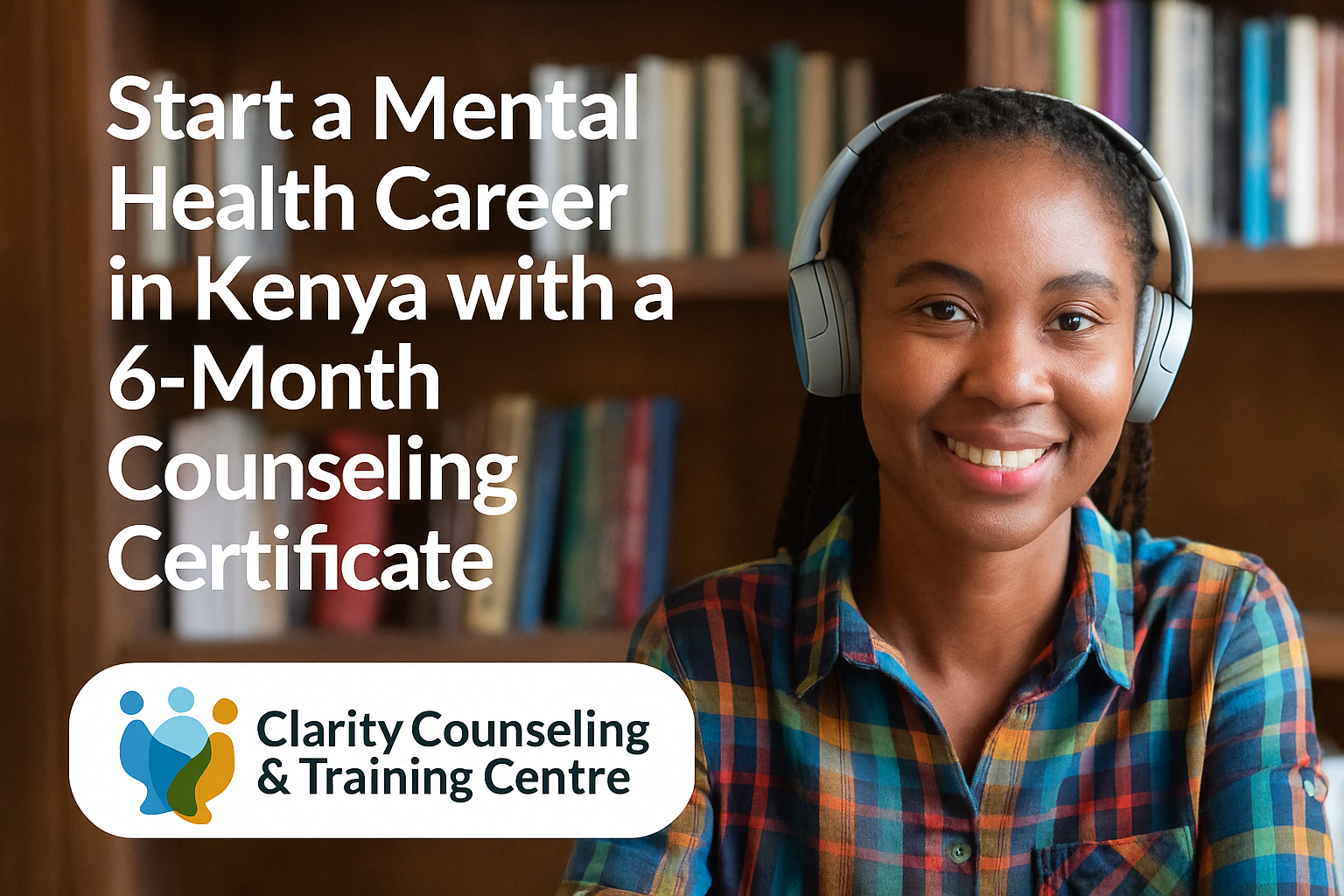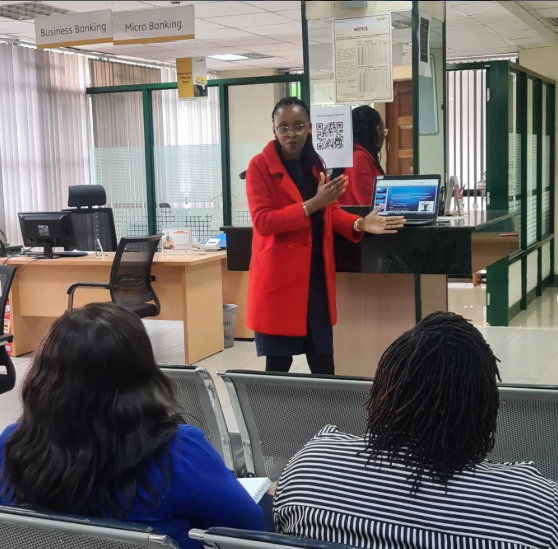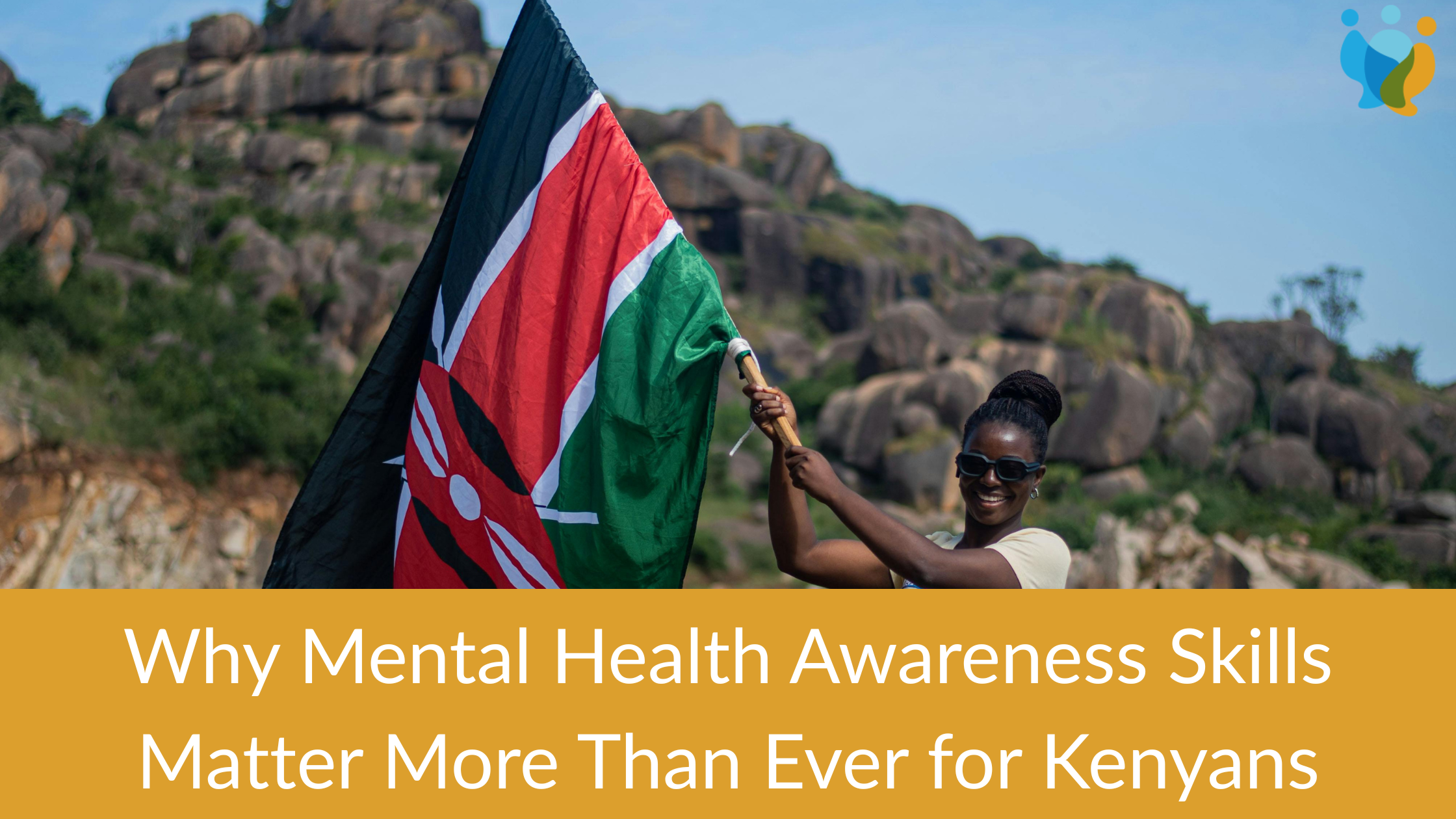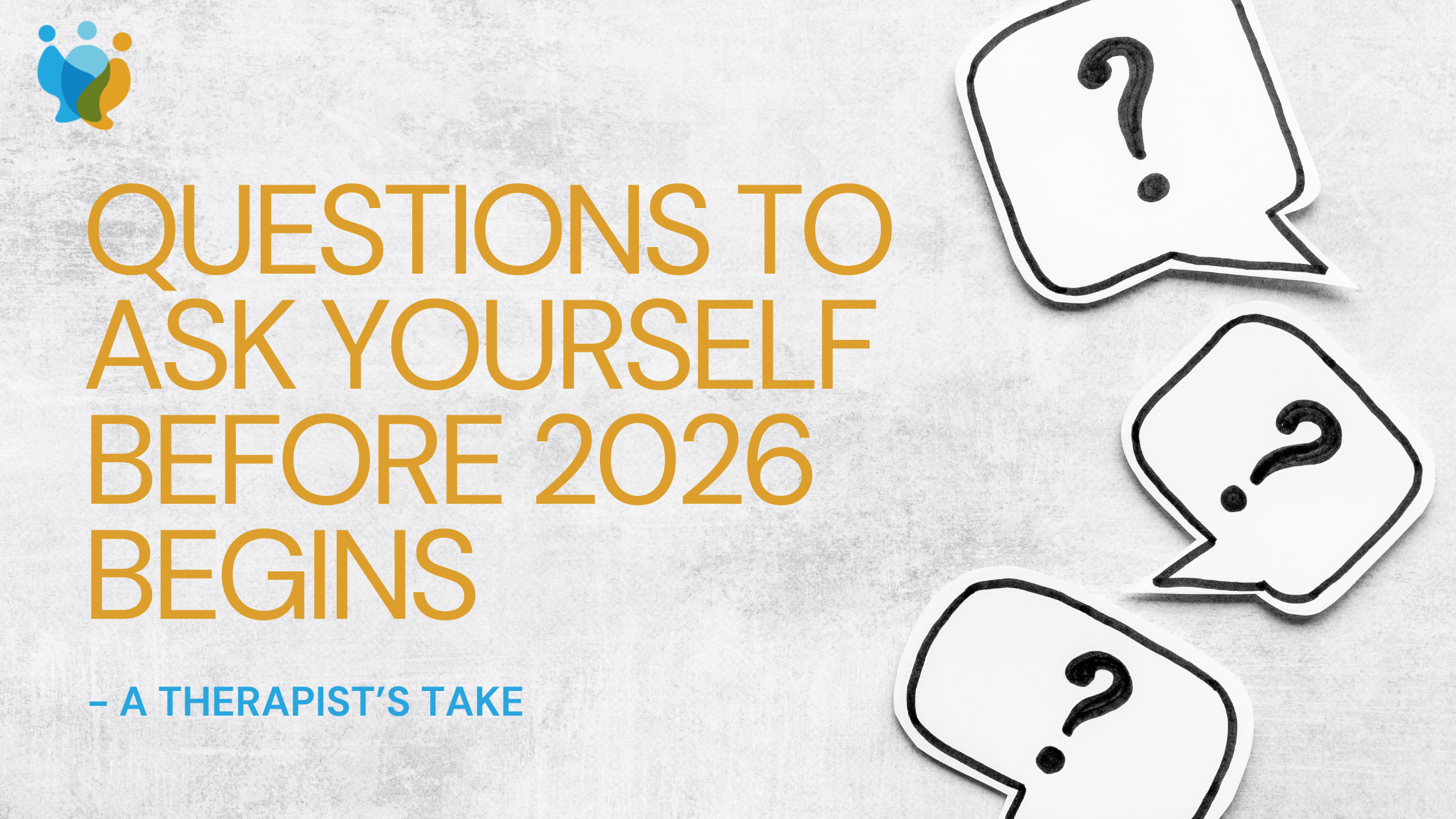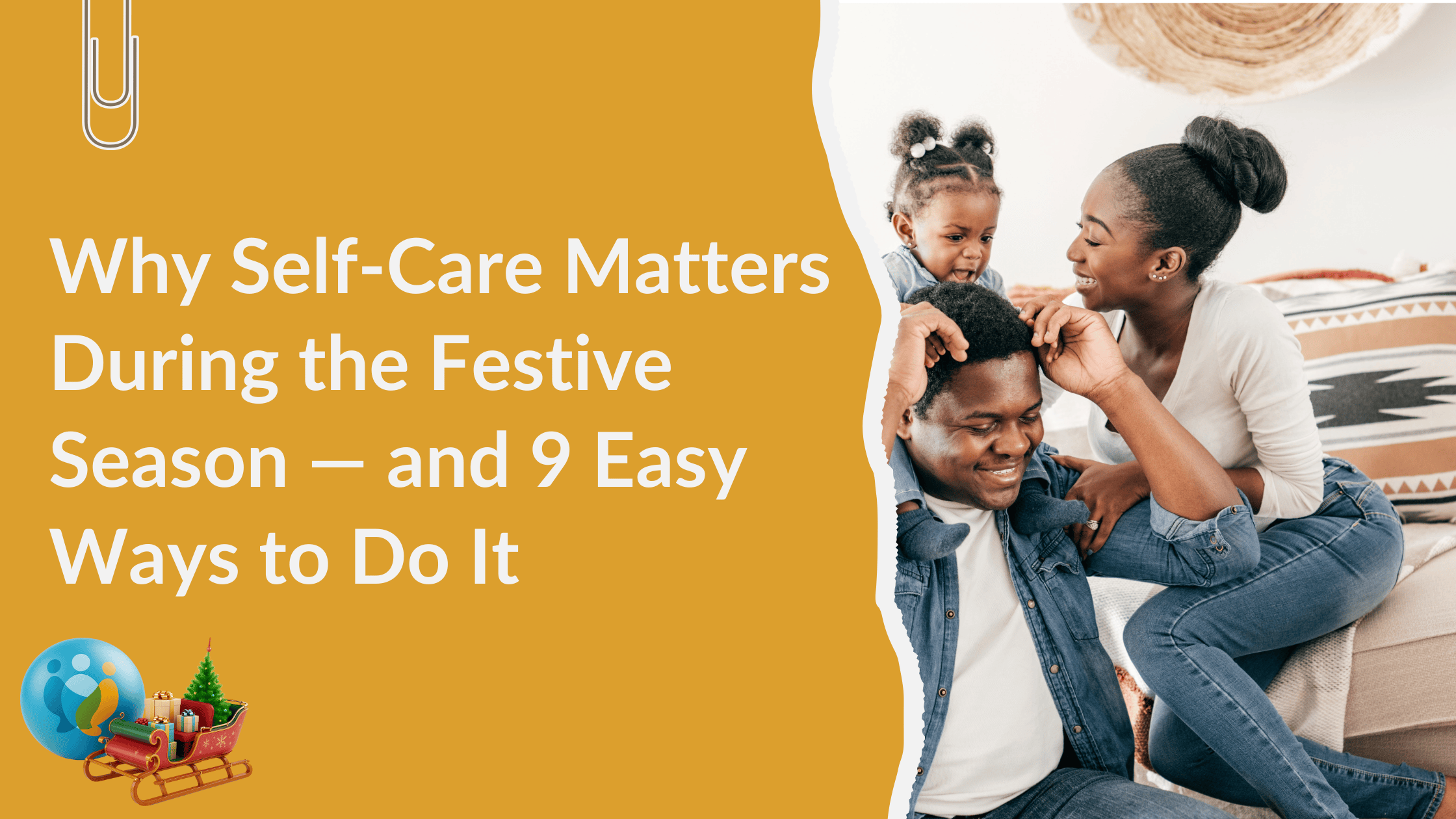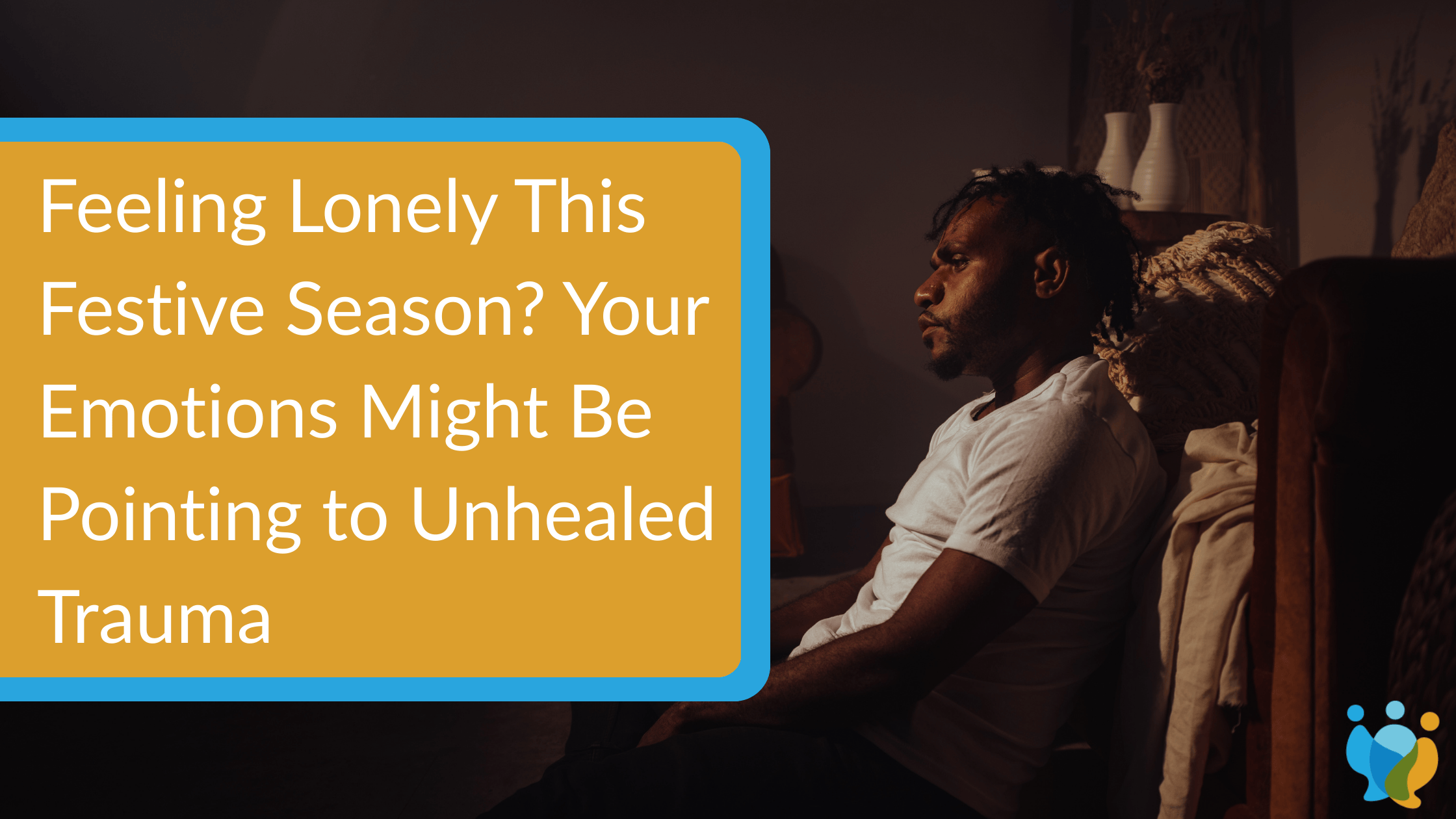Is Marriage an Obsession For Women?

Is Marriage an Obsession For Women?
Have you ever felt pressure to get married by a certain age? Or been asked constantly when you’re going to “tie the knot”? If you’re a woman, chances are the answer is yes. Marriage has long been an expectation placed on women by society and those around them. It causes some women never-ending stress because they seem not to find the right person to marry them.
For other women, the talk about marriage has caused them to become obsessed with it and everything they do centers around finding the perfect mate and walking down the aisle. This article explores why some women are obsessed with marriage. We will also discuss the signs that indicate you are obsessed with marriage and the psychological effects of marriage obsession.
Marriage Obsession Symptoms
I know it may be hard to believe that in the 21st Century, some women are still obsessed with marriage. Here is an example from an online platform from a woman who made the same observation.
“Now that I’m getting late into my twenties I’m finding that every girl I went to college and high school with is either getting married or trying to get married. Every time I’m on Facebook, it is filled with status or pictures of engagements, weddings, and babies— to the point it seems like an obsession. Why are women like this? I would like to get married one day but I’m not going out of my way to try and find a guy to marry, or get pregnant, just so I can fit in with everyone else.”
From the above observation, could you say you are among those obsessed with engagements, weddings, and babies? It is okay to desire these things, but it becomes an obsession when you have an intense fixation or preoccupation with the idea of getting married. You may experience marriage obsession due to the following:
- Family pressure
- Personal beliefs
- Cultural influences
- Societal expectations
Marriage obsession also entails having constant thoughts revolving around marriage. You may daydream about the wedding ceremony, the person you’ll marry, or fantasize about various aspects of the marriage life. Let’s closely look at other signs that show that someone is obsessed with marriage.
Do You Have Marriage Obsession Symptoms
1 – Seeing a Potential Partner in Every Man You Meet
Viewing every man you interact with as a prospective marriage partner can lead you to constantly evaluate men based on superficial qualities. This approach can also lead you to pursue connections with people not well-suited for a long-term relationship.
Getting the right person to marry requires time to assess if you are compatible. When you approach relationships because you feel you lack something or you must rush things, you overlook important factors like shared values, emotional availability, and communication styles. Here is an example of Joy’s situation.
Joy is 36 years old. She is struggling with anxiety and panic attacks after her most recent boyfriend left her. Although it was a rocky relationship because he had cheated on her twice, Joy says she thought she had finally found the man she would spend the rest of her life with. She does not understand how he left her even after she overlooked the two incidents of cheating.
In this situation, Joy was desperate to get married and didn’t want to reconsider the relationship even after the boyfriend cheated on her twice. Her desire to wear a ring surpassed the need to be extra careful with the men she chooses.
2 – Forcing Relationships
When you have feelings for someone who either has directly rejected you or behaves in ways that communicate disrespect and lack of interest, continuing to pursue them will harm your self-worth over time. Ignoring their words, actions, and signals that show you are not a priority for them indicates you want to force it to work and lead them into committing long-term. You may be desiring intimacy with this person, but if they treat you in the following ways, you could be trying to force the relationship:
- Being disrespectful
- Not returning your calls
- Canceling plans at the last minute
- Dismissing your emotions
You may rationalize why they act unavailable or hurtful, but deep down, you know you deserve to be cherished. But because you have this overwhelming desire to get married, you choose to stay on and almost beg them to commit to the relationship.
3 – Ignoring Red Flags
In your desire to meet societal or your own timelines around getting married, you may sometimes explain away behaviors in a prospective partner that signal dysfunction, incompatibility, or lack of readiness for commitment. Examples of these red flags include:
- Controlling attitudes
- Unpredictable mood swings
- Irresponsibility with money
- Signs of cheating
When you ignore or make excuses for things like a man insisting you dress or act a certain way, having angry outbursts over small things, or overspending while they don’t have enough money, you are not looking out for your own best interests. You could be obsessed with the desire to get married and are willing to give up your values over having a ring on your finger.
4 – Tying Your Happiness and Self-Worth to Getting Married

While having a life partner can be fulfilling, basing your self-esteem or identity on being part of a couple places unhealthy pressure on the relationship. When your sense of wholeness lies in getting a ring, you become a slave to the other person—you will always struggle to do what they want in order to feel good about yourself. Lasting happiness comes from knowing God and yourself and not being dependent on having a marriage partner.
If you think that you will be happy once you get married, or your partner will complete the emptiness you feel, you are misguided. Consider talking to a professional counselor to help you discover why you have this belief. They will also help you find happiness in your singlehood and have a healthy sense of worth, even without a life partner.
5 – The False Belief That Marriage Will Solve All Your Problems
Entering marriage when you have pending issues and thinking the union will make things better is a recipe for disaster. When you believe that acquiring a married status, having some level of financial security, or hearing the beautiful words uttered in the wedding vows will automatically heal the current relationship problem, you are in for a huge disappointment.
No outward change can resolve inner turmoil or relationship difficulty. If you are already struggling in a relationship before marriage, getting married will likely amplify these challenges rather than fix them. If you persist with this mindset, you are obsessed with marriage and have a fantasy about the union that prevents you from seeing reality.
6 – Thinking Marriage Will Make Things Better Between the Two of You
If, before getting married, you have communication issues with your partner, you don’t trust them, and cannot solve conflicts well, then the challenges of marriage life rarely improve these inadequacies. When you assume gaining a marital status will override existing weaknesses in your relationship, you could be fixated on getting married and not willing to think things through.
Pressures like financial stress, parenting disagreements, unhealthy emotional patterns, and unresolved childhood trauma can surface at any point in the union. If you and your spouse are unwilling to seek help to cultivate mutual understanding, self-awareness and healthy relating skills, you will resent and become bitter with each other in due course. Rather than racing towards the wedding, build a connection first by focusing on personal growth and partnership readiness.
Psychological Effects of Marriage Obsession
While seeking a lasting, intimate, and committed relationship is universally desired, an unhealthy preoccupation with getting married causes psychological challenges for some women. Obsessive determination to get a spouse because you feel incomplete is often linked to mental health issues such as eroded self-confidence, anxiety, bitterness, depression, and unhealthy coping mechanisms. The following table summarizes these psychological effects and how they are present.
| Marriage Obsession Psychological Effects | Presentation |
| Eroded Self-Confidence | – Internalizing judgments of “Why are you still single?”
– Linking self-worth solely to relationship status – Feeling inadequate for not achieving expected “life milestone” |
| Anxiety Issues | – Fear of missing chance for marriage and kids
– Desperation leading to ignoring red flags – Panic as you age without a partner |
| Bitterness | – Envy or anger towards married friends or family
– Resentment building each time a relationship fails – blaming God, others or self for your single status |
| Depression | – Too much self-criticism and negative thought patterns
– Hopelessness after repeated romantic failures – Spending hours feeling sad and pitying yourself |
| Unhealthy Coping Mechanisms | – Hyperfocusing on dating without self-care
– Abandoning personal goals to obtain a husband – Forcing wrong partners into “husband material” |
If you find yourself having several of the thought patterns, emotions, or behaviors outlined in the table above, take it as a red flag. An unhealthy fixation on marriage could be taking root. Even one or two signs should prompt you to assess where you are assigning excessive importance to getting married over your personal well-being. Talking to an experienced counselor will help you see where the obsession stems from, the wrong beliefs you have about getting married, and any blindspots you could be overlooking as you seek a partner.
We are Here to Help
At Clarity Counseling and Training Centre, we understand the pressure society puts on women to get married. We have helped many women trace back to when they started to believe they must get married NOW. We also assist them in finding meaning in their singlehood and how to manage the negative information coming their way about their singleness. Contact us today, and let us help you overcome the marriage obsession that is preventing you from living a fulfilling life now.

